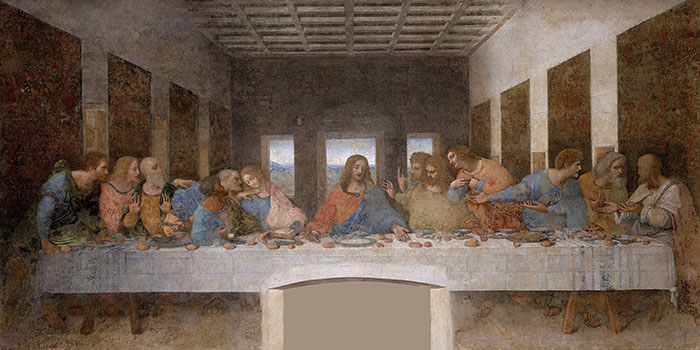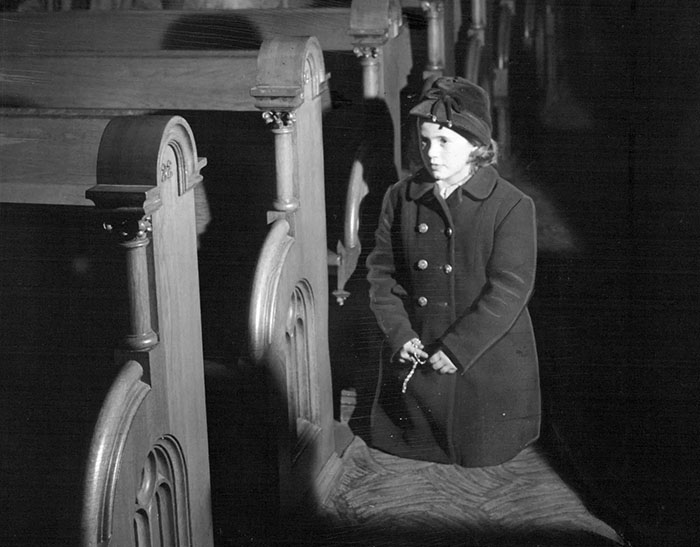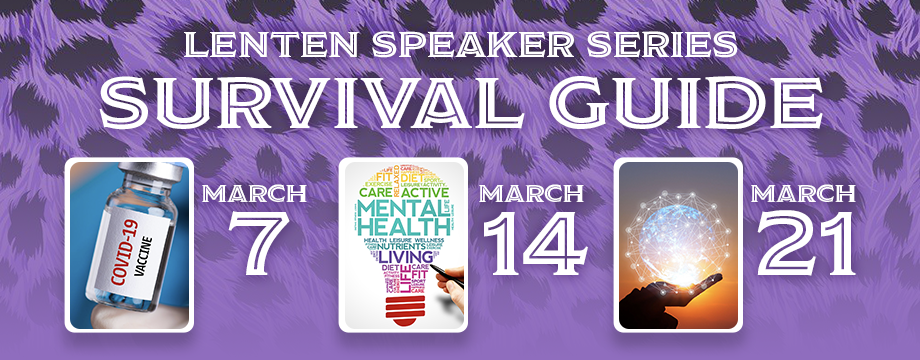
They looked in and saw. He was gone. The tomb was empty. The white burial cloth was folded up and laying on a stone. Scripture says they “did not yet understand that he had to rise from the dead.”
So “where is he? Where did he go?” Jesus, we want to know where you are.
I remember when my father died in 1988. He had been declining for some months and the night he passed my sister and I sat with him as he breathed his last. (Many of you have had that scary but holy moment.)
It was so weird. I remember thinking about the large personality he was. How he loved birds, gardening, Italian spaghetti, his country, and his Catholic Faith. How dad hated military parades, foreign cars, squirrels, and the New York Yankees.
I looked at his hands that night, hands that fired a gun in Patton’s 3rd Army, cut my hair as a kid, played catch in the yard, and took my hands in his, the day I became a priest. His deep baritone voice called your name like no one else “Dad, where are you?” I kept wondering. “Where did that voice go?” Don’t we all ask that when someone we love is gone? We feel the space they lived in, the chair, the porch, the work bench. The disciples must have felt a similar loss as they peered into the empty tomb.
Our Christian faith proclaims something quite extraordinary. Something that science (physics, biology, astronomy, and chemistry) cannot verify or prove (or disprove) . . . Jesus Christ is risen from the dead.
Each of us must look inside ourselves for this one. Why do I believe? Is it because the Pope says so? OR because that’s just what I was taught? OR It makes for something nice to teach the children? I hope that’s not your answer.
May I suggest an answer? Because we have seen a love that surpasses all reason, a love so strong and pure that it could only come from a source beyond the human heart. (It’s not the love in romance, not the love of hobby or pastimes, not the love of beauty or art.)
This past week we have watched a human being love like God. It’s a love never seen or imagined before him. Jesus died giving witness to a God who loves us in a totally selfless way. He endured scourges and spitting, he forgave his murderers from the cross, he emptied himself totally at the will of God his Father . . . so that the invisible love of God might become visible to us by the obedience of his Son.
And there’s more . . . we believe that Jesus is alive because countless men, women, and children have experienced the love of Christ in their own lives and have in turn given that love to their neighbor. We’ve seen the love that is Christ.
Have you seen it? Have you seen or felt His love working in this world? Of course you have!!
- The mother who risks her own health for the health of her baby
- A soldier who’s mission puts his life at risk so that “no one is left behind”
- The friend who visits you in the hospital, the psych ward, the county jail
- A sister who forgives your unkind words
- The priest or nun who acts like Christ and makes you want to go to heaven
- The poor person who gives more to the needy than you do
- Foster parents who save the lives of young people
- Your spouse who really loves you despite all your faults
- The quiet hope that comes to you when you sit in an empty church
- The first responder who runs toward danger when all others flee
- The little child who laughs and plays with friends in a refugee camp far from her home
“We have seen the Lord!”, John 20:18, cried Mary Magdalene. So have we.
Easter graces to you.
Fr. Tim









